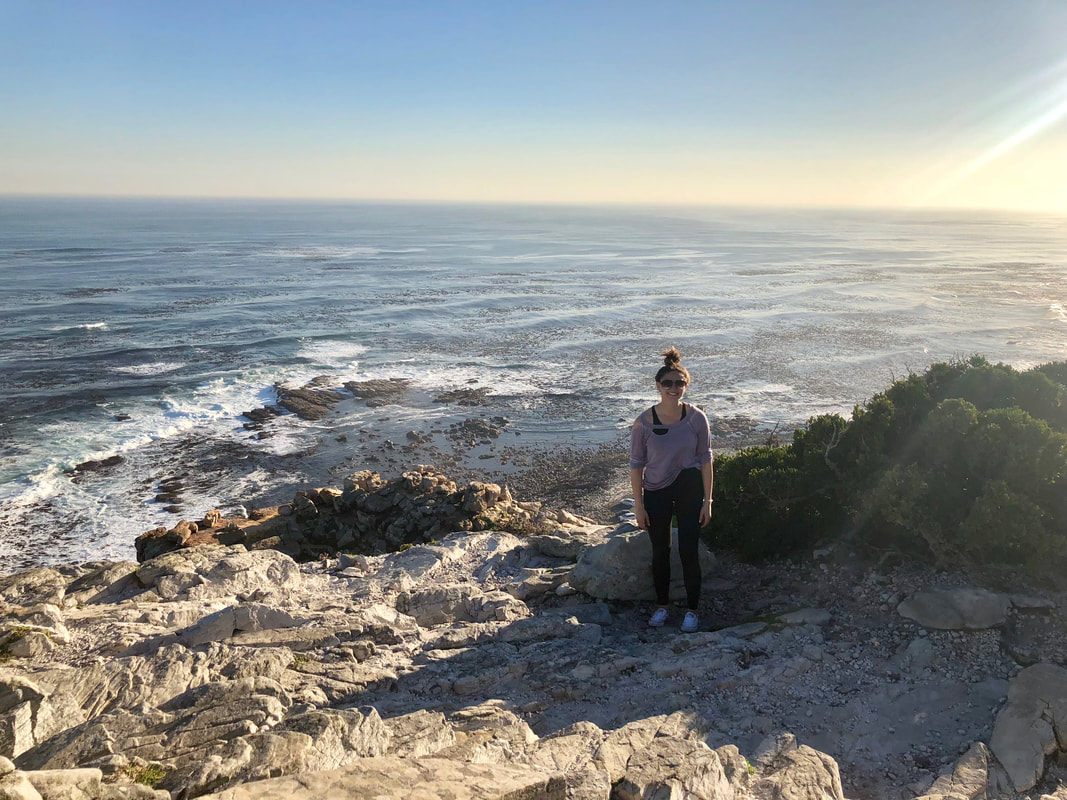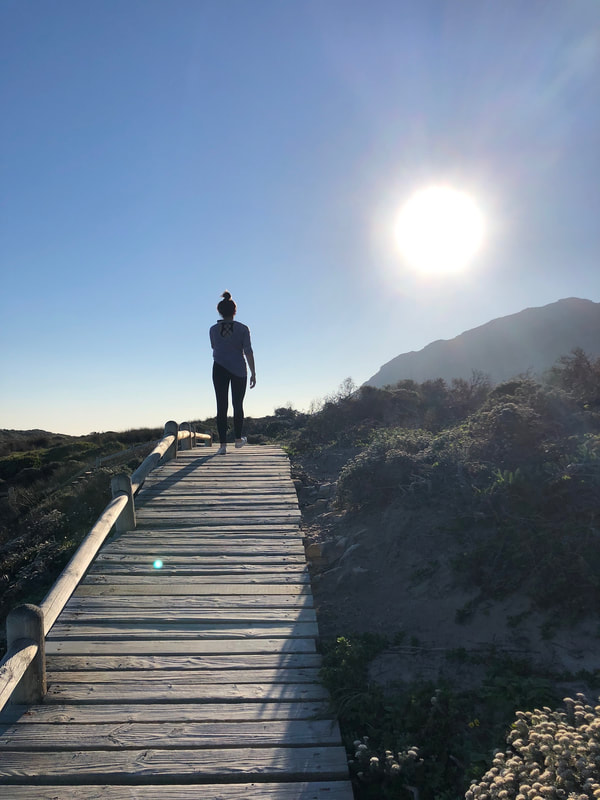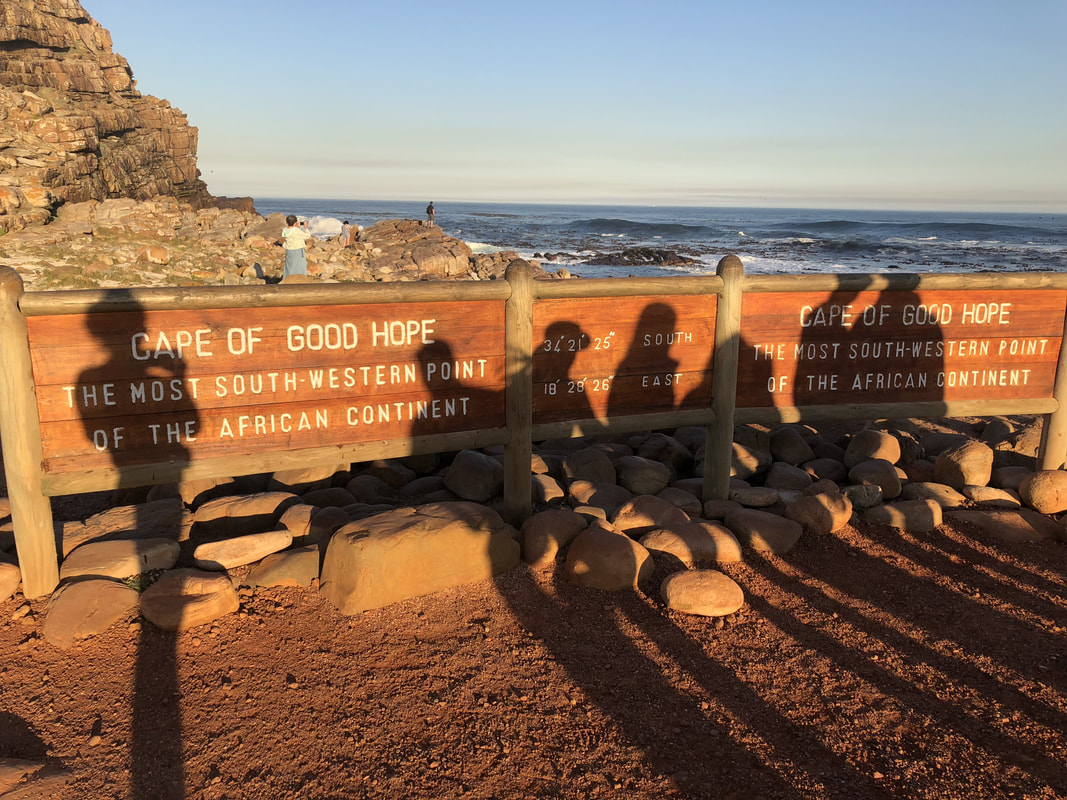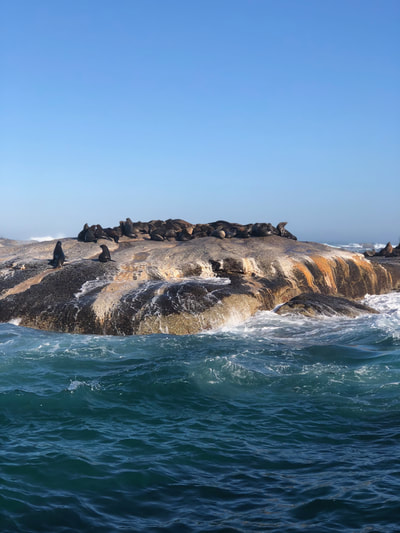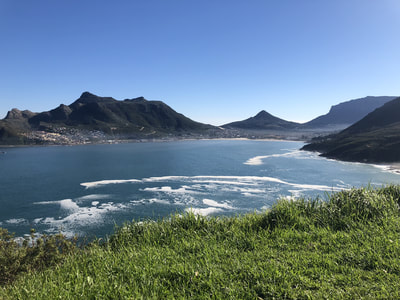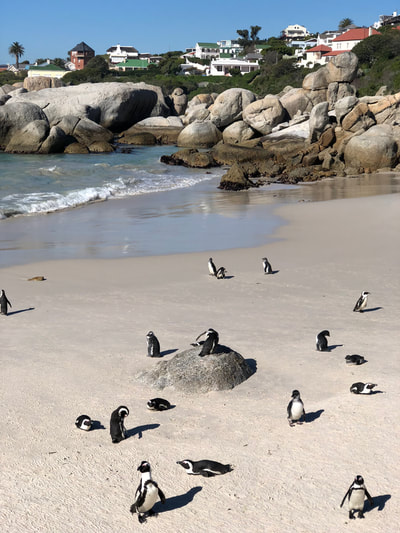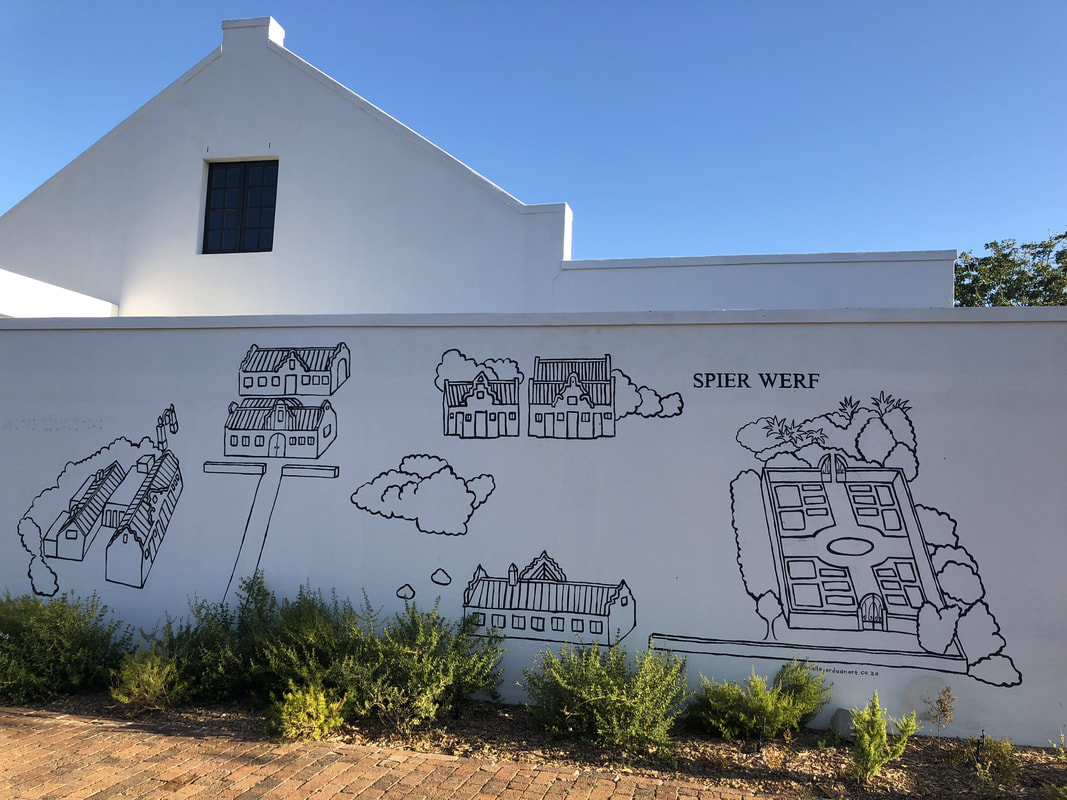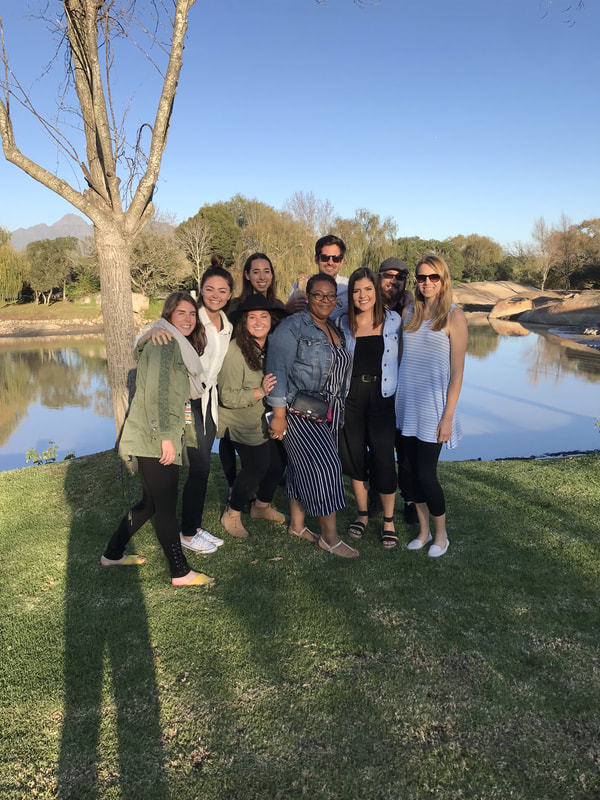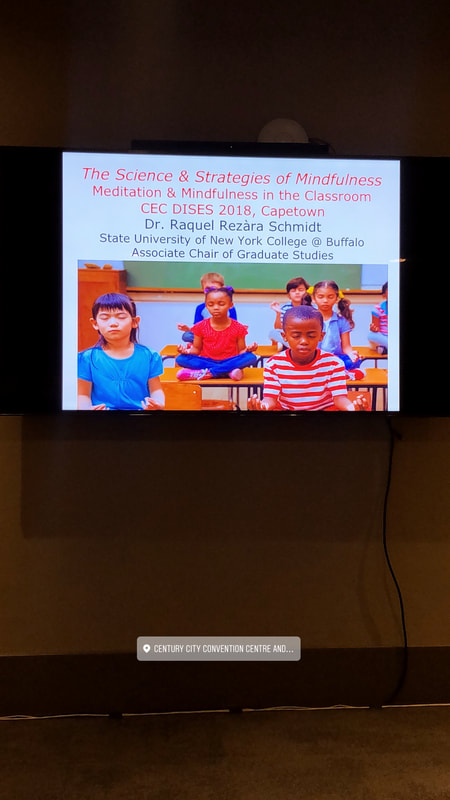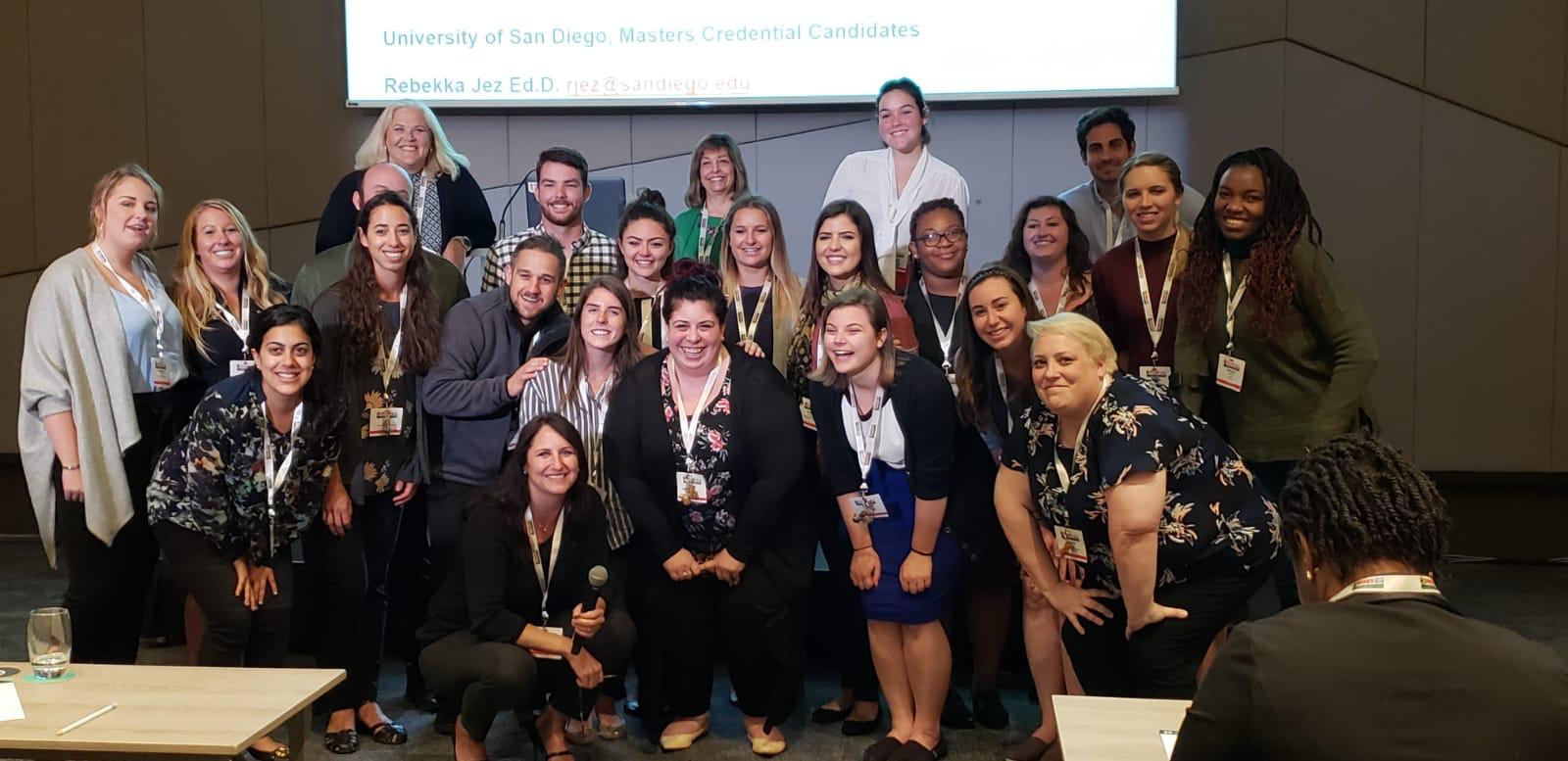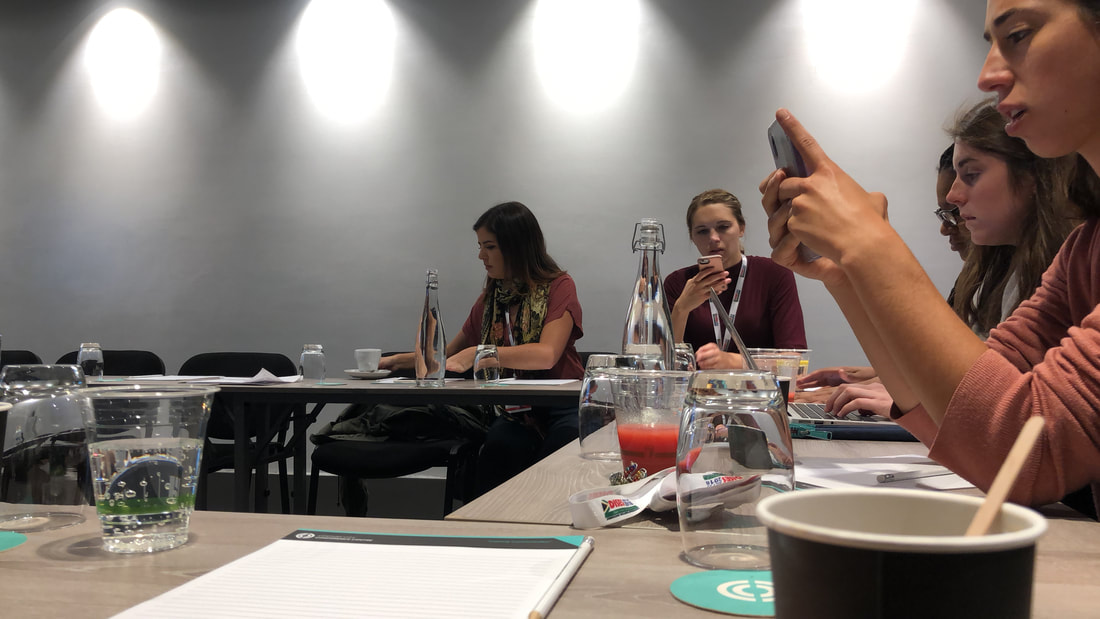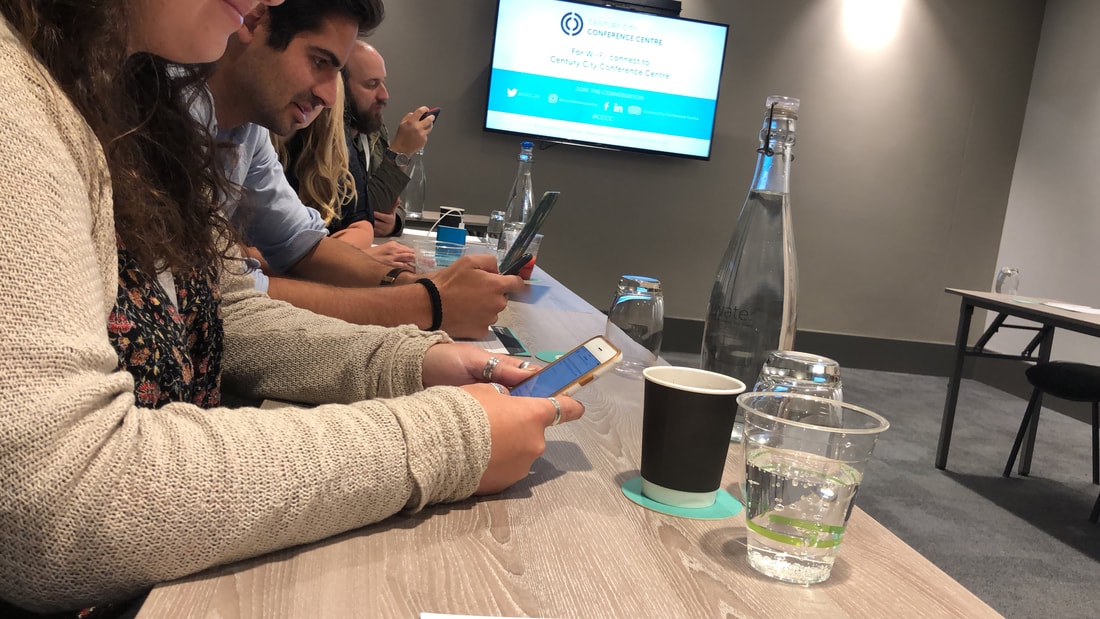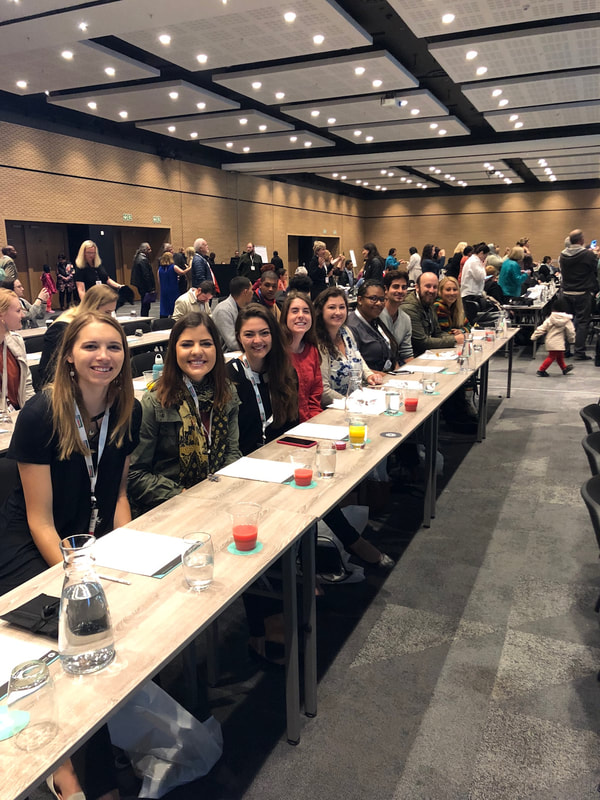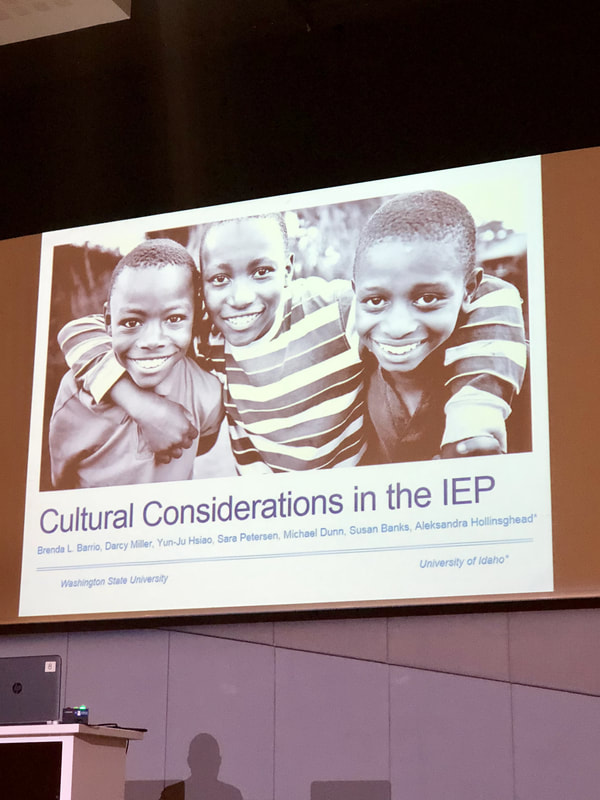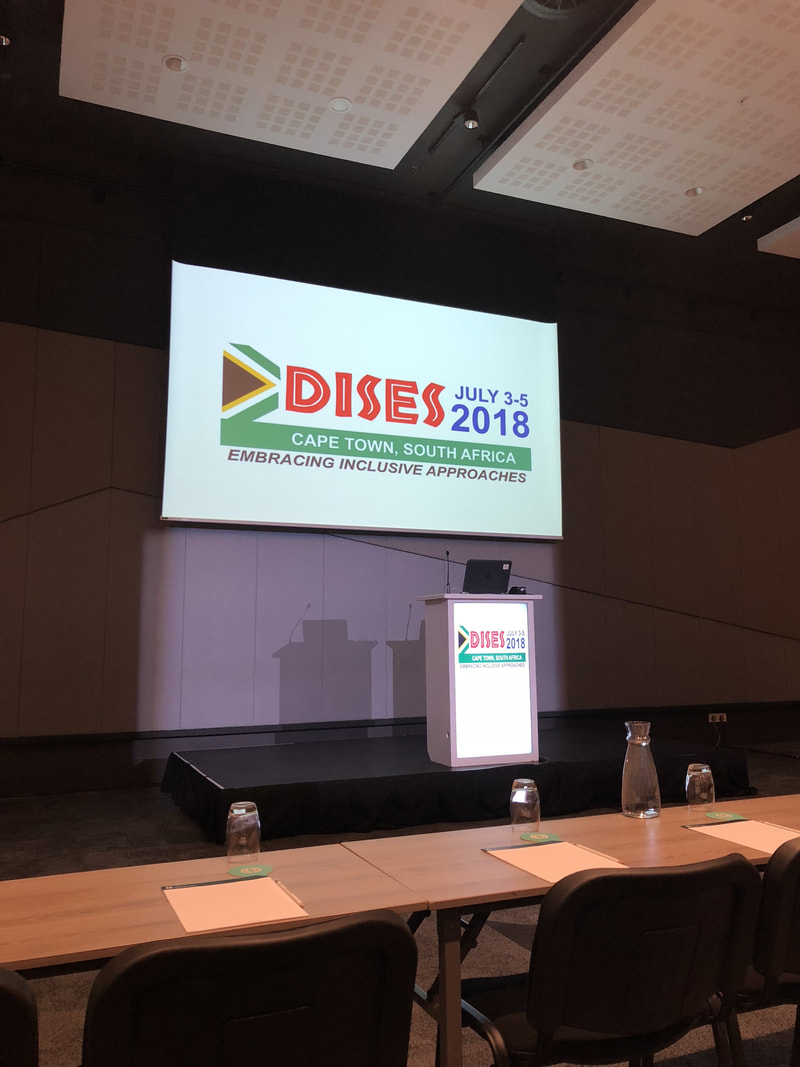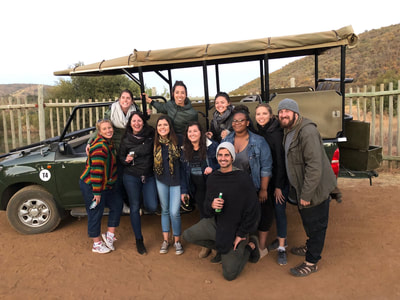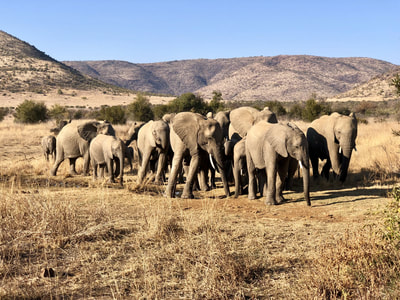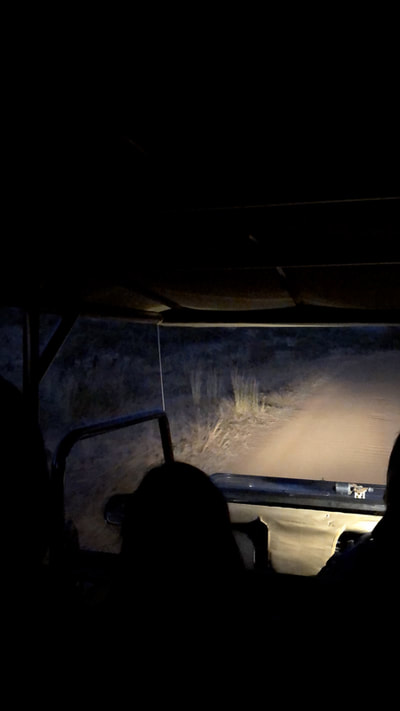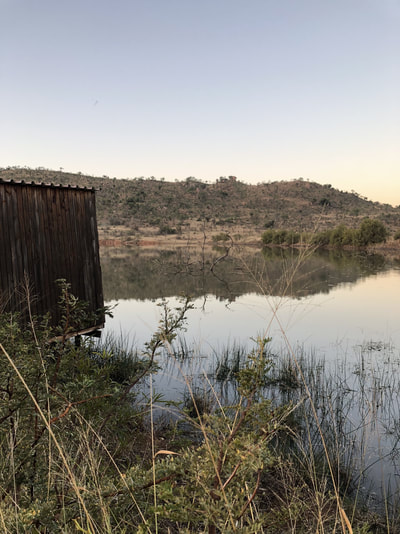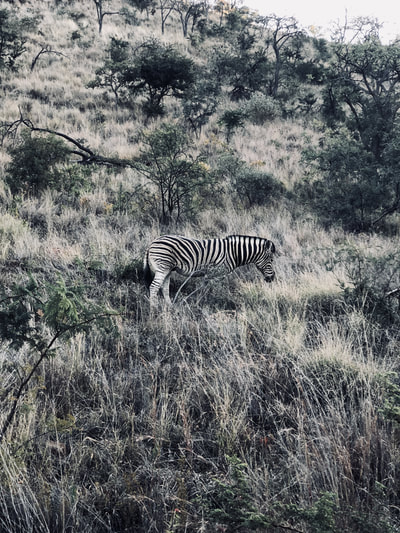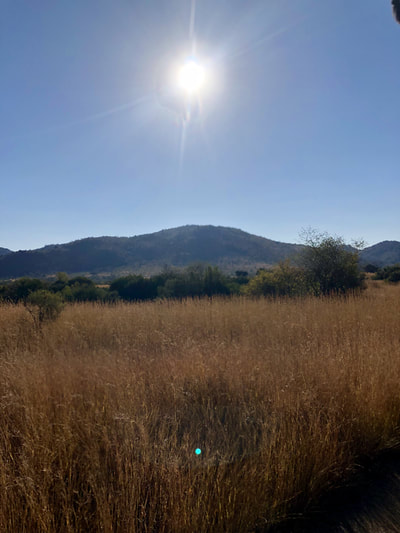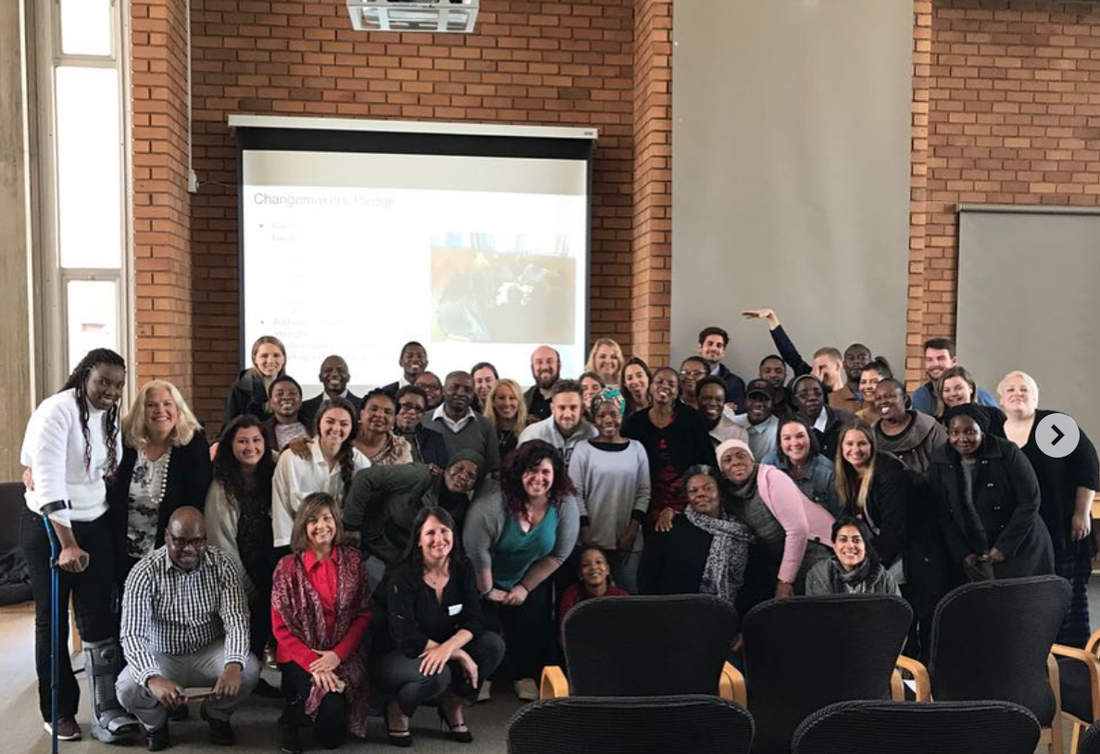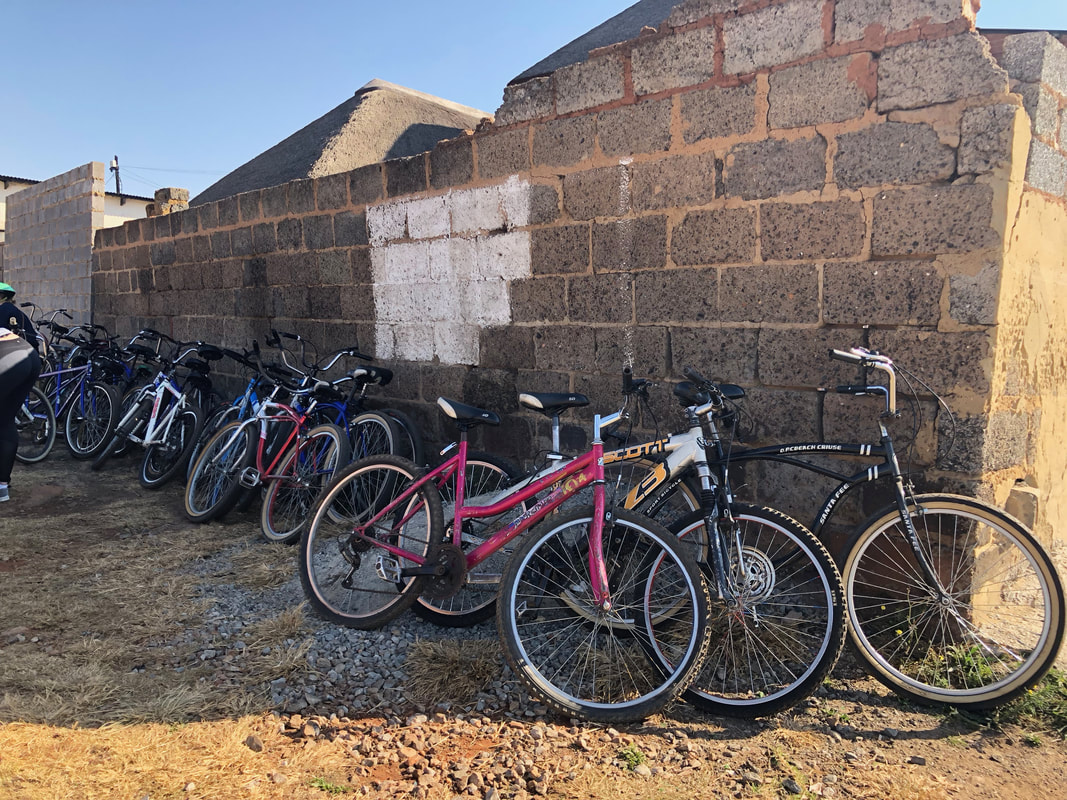|
I pledge to focus on self-awareness and self-reflection for myself and for my students. The intention of these practices is to create a positive behavior environment and build social and emotional foundations. To be sustainable as an educator and person, I will work to take care of myself to in turn be present and proactive in my classroom.
Before our Changemaker experience, I knew I wanted to implement a practice for my students to gain social and emotional awareness early in life. During the project, I learned that our experiences are quite similar in the classroom. We are all extremely passionate about creating change in ourselves, our classrooms, our schools, and overall policies. Since our project, I’ve learned the importance of continual self-reflection and self-care. It is easy to get lost in daily routines and the structures of our lives, I’ve learned to be honest with myself and stay active with time management.
0 Comments
On our way to the Lanseria airport to fly down to Cape Town, we stopped at Lebone II - College of the Royal Bafokeng. This privately funded K-12 school is for the King’s “most clever” students in his kingdom. In comparison to the other government operated schools we saw in Johannesburg, this was an eye-opening experience to the vast achievement gap. The schools that our South African educator friends teach at tend to have 50+ students in the room at a time, the students may have one text per class, and there is likely to be fewer desks and chairs needed to accommodate the number of students in the room. This connects us back to the challenges (and solutions) discussed during our Changemaker event. The Lebone II campus is beautiful and designed to be fully functional for student-centered learning; in the classrooms, play areas, sports and arts venues, and the library. I found the classrooms to be inspiring with large open windows and a slider that opened in the middle of each "U" shaped building to a chalk board and a tree in the center. Throughout our tour, I was plagued with mixed feelings because of the absolute contrast in resources and opportunity.
THIS safari was something else.
We first arrived to the resort after being on a giant bus for too long. I found a shady spot up on a hill to do some yoga before we headed out in the Jeep for the sundowner (South African Happy Hour) safari. This experience was much different than our walking safari on the Hluhluwe-iMfolozi reserve. We were able to cover more ground, much more quickly, allowing us to see more animals and the vast property. The most amazing part of this evening were the sleeping hippos on a little island and a giraffe walking directly towards a red searchlight after dark. The people I got to share these moments with are absolute gifts and I am thankful to have experienced it with them. In the morning, we woke up, dark and early for a morning safari! I have officially now seen all of the Big 5 animals in person, up close, in their environments. We saw a leopard high up on rock, snoozing away as the sun rose. As we turned the corner, there was a single lion laying down next to a watering hole. A few moments passed and he stood up to wander away when a female lion popped up and began walking with him. There were rhinos, zebras, impalas, hyenas, water buffalos, pumbas, and birds in every direction. As we were about to head back to the resort, the most magical moment occurred. A herd of 25+ elephants walked out of the bush towards a watering hole right passed us and off back into the bush. It was breathtaking to witness these beautiful beings, just be. At the University of Witwatersrand in Johannesburg, we presented our previous days findings. Our group spoke to the importance of communication, vulnerability, and empathy in the classroom, for students, parents, and teachers. We were the first of five group to present after the first keynote speaker presented, Dr. Sarita Ramsaroop from University of Johannesburg. There were two other keynotes throughout the day, Dr. Rebekka Jez from the University of San Diego who spoke about the importance of teacher collaboration and challenged us to make a pledge. Lastly, Dr. Erasmus Charamba discussed the vital piece of translanguaging in the classroom. My biggest take away from this event has been the importance to communicate with other educators, regardless of position. Whether a pre-service teacher, a veteran teacher, or a person in administration; we each have different experiences that are important to share in order build a stronger, tight-knit community.
Today, we were guided through Soweto on bikes, this is the largest informal settlement we visited. This area is where they evicted black men, women, and children who were accused to have reportedly had the bubonic plague. Soweto is an abbreviation and stands for “South Western Township”. It also may have sounded like “so, where to?” and today's generation it is taking the title back to stand for, “So we too”. As we rode through the streets, some paved, others mud, the children would say “hello” and “sawubona” while placing their hands out for high fives. When we stopped, the children would pose for pictures and jump on the bikes for a quick ride before we stopped to listen.
|
